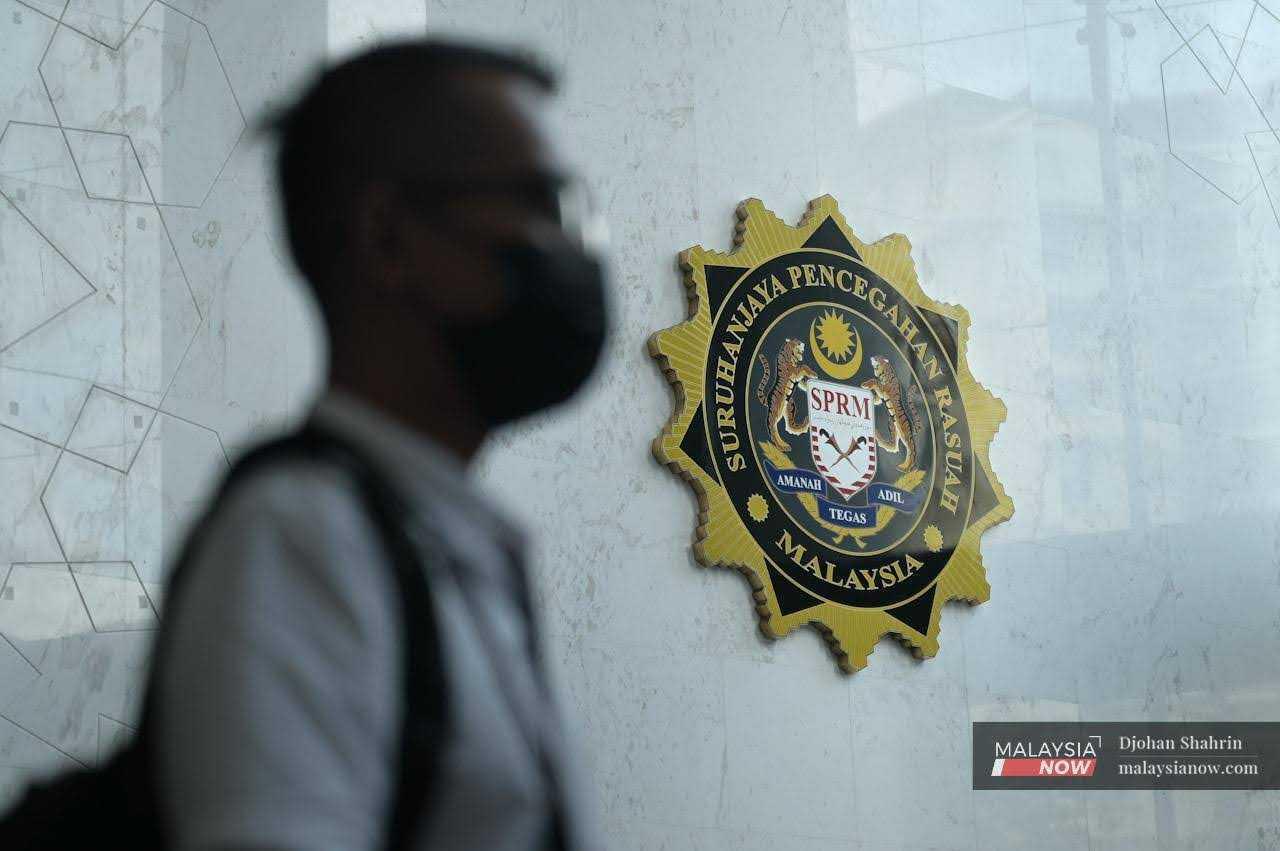Appeals court overturns decision that MACC must use own act to remand suspects
A three-man bench says the judicial commissioner at the time erred in his interpretation of Section 49 of the MACC Act.
Just In
The Court of Appeal yesterday overturned a decision by the Temerloh High Court barring Malaysian Anti-Corruption Commission (MACC) officers from using the Criminal Procedure Code (CPC) to remand suspects for further investigation.
A three-man bench comprising justices Vazeer Alam Mydin Meera, Azman Abdullah and Azmi Ariffin allowed MACC’s appeal to set aside the decision of then judicial commissioner Roslan Mat Nor, who is now a High Court judge, that the commission must rely on the MACC Act 2009 to apply for the remand of suspects if its investigation is not complete within 24 hours of the suspects' arrest.
In delivering the court’s unanimous decision, Vazeer said the then judicial commissioner had erred in his interpretation of Section 49 of the MACC Act.
"We note there is no specific provision in the MACC Act as to the course of investigation which is not completed within 24 hours," he said.
He said MACC officers could use Section 29 (3) of the MACC Act and apply to the magistrate for a remand order against the suspects under Section 117 of the CPC if their investigation cannot be completed within 24 hours of the suspects' arrest.
In his grounds of judgment dated May 11, Roslan ruled that MACC could not use the CPC to remand suspects for further investigation, and the commission must use Section 49 of the MACC Act 2009 which gives it the specific powers to do so.
He said MACC officers could make an arrest under Section 49 (2) of the MACC Act and ask for a remand order under section 49 (3) of the same act.
Roslan, in exercising his revisionary power, ruled that the remand order issued by a senior assistant registrar of the Temerloh High Court against six policemen including an inspector under Section 117 of the CPC did not comply with the law and set aside the remand order.
Deputy public prosecutor Mohd Dusuki Mokhtar, appearing for MACC, argued yesterday that Roslan had erred in deciding that Section 49 of the MACC Act was the sole provision that MACC officers should rely on for the investigation and remand of suspects.
He said the provisions under the MACC Act and the CPC were applicable to any investigation carried out against suspects for offences under the MACC Act.
Lawyer Geethan Ram, representing three of the policemen, countered that the policemen were arrested for an offence allegedly committed under the MACC Act and, as such, the provisions of the MACC Act applied to the case and not those of the CPC.
As for the other three policemen, lawyers Revin Kumar Shasai Kumar, Lavanyia Raja and Eu Kah Mun were appointed individually to represent them.
Subscribe to our newsletter
To be updated with all the latest news and analyses daily.
